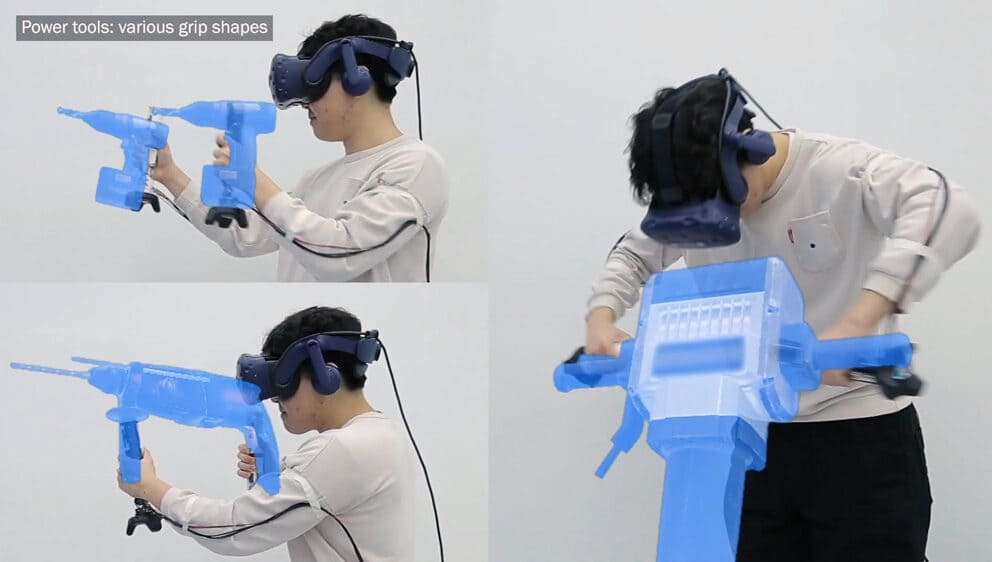A smartphone’s voice and facial recognition algorithms can determine if you’re depressed after an analysis of your behavior.
A work from Stanford University has experimented with the possibilities of a smartphone to evaluate if a person suffers from depression. For now, the conclusions are preliminary, and the procedure needs to be further elaborated. But scientists have achieved positive results.
The objective was to test whether the technology present in current smartphones was able to analyze the behavior of a user to the point of determining whether he is depressed or not. Terminals today have powerful algorithms, such as, for example, those that deploy facial and voice recognition technologies.
This type of biometric technologies capture certain user patterns in order to identify him. In the case of facial recognition, they take points from the face, while the voice is shelled into several features. Once this data has been captured, it is compared to the patterns recorded by the user when he started using the services. If they match, access to the phone is given.
To adapt this technology to the experiment, Stanford scientists trained a machine learning algorithm. This would ultimately determine whether a person is depressed or not. A series of interviews were videotaped to train him. In them an avatar, controlled by a doctor, asked questions to several patients. Their facial expressions, tone of voice and words used to power the software.

After properly labeling the gestures that offered symptoms of depression and those that did not, as well as their different combinations, the algorithm was tested. So the scientists found that mobile technology can tell you if you’re depressed. The results showed a positive hit rate.
Scientists pointed out that most of the time the smartphone was able to tell whether or not you were depressed. Although obviously the technology is not reliable yet. Far from replacing a doctor. But if it gets better may help in the diagnosis of mental illness like depression. This is what Stanford scientists believe, who point out that these types of conditions are difficult to discover.
To the difficulties of diagnosing a depression is added the social stigma attached to this ailment. A factor that holds some people back from seeing or being treated once a diagnosis is made. However, diagnosis using a smartphone does not require being in front of a doctor or attending a consultation. Even the treatment could be anonymized thanks to new technologies.
Of course, there is no doubt that more and more jobs linked to cutting-edge technology (such as artificial intelligence or virtual reality) seek to improve the quality of life of people with this type of disease.
Images: d_t_vos, Ruben Ni







